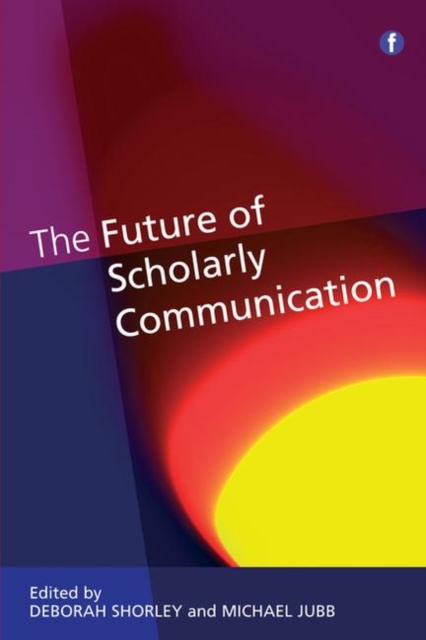
The Future of Scholarly Communication Hardback
Edited by Deborah Shorley, Michael Jubb
Hardback
Description
Global thought-leaders define the future of research communication. Governments and societies globally agree that a vibrant and productive research community underpins a successful knowledge economy but the context, mechanisms and channels of research communication are in flux.
As the pace of change quickens there needs to be analysis of new trends and drivers, their implications and a future framework.
The editors draw together the informed commentary of internationally-renowned experts from all sectors and backgrounds to define the future of research communication. A comprehensive introduction by Michael Jubb is followed by two sections examining changing research behaviour and the roles and responsibilities of other key actors including researchers, funders, universities, research institutes, publishers, libraries and users. Key topics include:Changing ways of sharing research in chemistrySupporting qualitative research in the humanities and social sciencesCreative communication in a ‘publish or perish’ cultureCybertaxonomy Coping with the data deluge Social media and scholarly communicationsThe changing role of the publisher in the scholarly communications process Researchers and scholarly communicationsThe changing role of the journal editor The view of the research funder Changing institutional research strategies The role of the research library The library users' view. This is essential reading for all concerned with the rapidly evolving scholarly communications landscape, including researchers, librarians, publishers, funders, academics and HE institutions.
Readership: Researchers, librarians, publishers, funders, academics and HE institutions.
Information
-
Available to Order - This title is available to order, with delivery expected within 2 weeks
- Format:Hardback
- Pages:224 pages
- Publisher:Facet Publishing
- Publication Date:29/09/2017
- Category:
- ISBN:9781783303175
Information
-
Available to Order - This title is available to order, with delivery expected within 2 weeks
- Format:Hardback
- Pages:224 pages
- Publisher:Facet Publishing
- Publication Date:29/09/2017
- Category:
- ISBN:9781783303175






